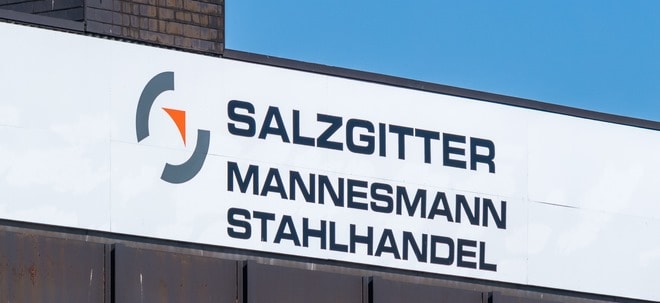The Insurance Industry's Climate Crossroads
By Mindy Lubber, CEO and President, Ceres
BOSTON, Jan. 7, 2025 /PRNewswire/ -- We are witnessing a profound transformation in the insurance industry, driven by one of the most critical challenges of our time: the mounting financial risks associated with increasing excessive heat, wildfires, storms, and floods.
Skyrocketing premiums, major insurers dropping coverage entirely in states, and growing concerns about insurer solvency are not just industry challenges—they threaten the foundation of our economy. The past two years have set alarming records in the U.S., with dozens of billion-dollar weather disasters. In 2023, these events cost over $92.9 billion, while 2024, driven Hurricanes Milton and Helene, is on track to surpass significantly more than $100 billion in damages, according to the latest estimates.
As catastrophic flooding, fires, heat, and other unnatural disasters become more frequent and severe, insurers are uniquely positioned to leverage their risk expertise and economic influence to advance the responsible business practices and innovations in clean energy technology that will help them mitigate the risks they and the communities they serve face.
Ceres developed a comprehensive roadmap for the insurance industry in a world with increasing weather risks. From mandatory climate risk disclosure to innovative pricing models, from climate-resilient building codes to equitable accessibility measures, this plan outlines how insurers, regulators, local governments, and investors can work together to help the industry withstand and adapt to the growing impacts of natural disasters.
This isn't about incremental adjustments; it's about a fundamental reimagining of how insurers and key stakeholders can work together to continue serving high-risk markets while protecting their bottom line.
Click here to read Mindy Lubber's full Forbes.com column that lays out some of the key steps of this 10-point roadmap, which range from mandatory climate risk disclosure to innovative pricing models and from climate-resilient building codes to predictive modeling that uses AI to assess risk.
![]() View original content to download multimedia:https://www.prnewswire.com/news-releases/the-insurance-industrys-climate-crossroads-302344879.html
View original content to download multimedia:https://www.prnewswire.com/news-releases/the-insurance-industrys-climate-crossroads-302344879.html
SOURCE Ceres


